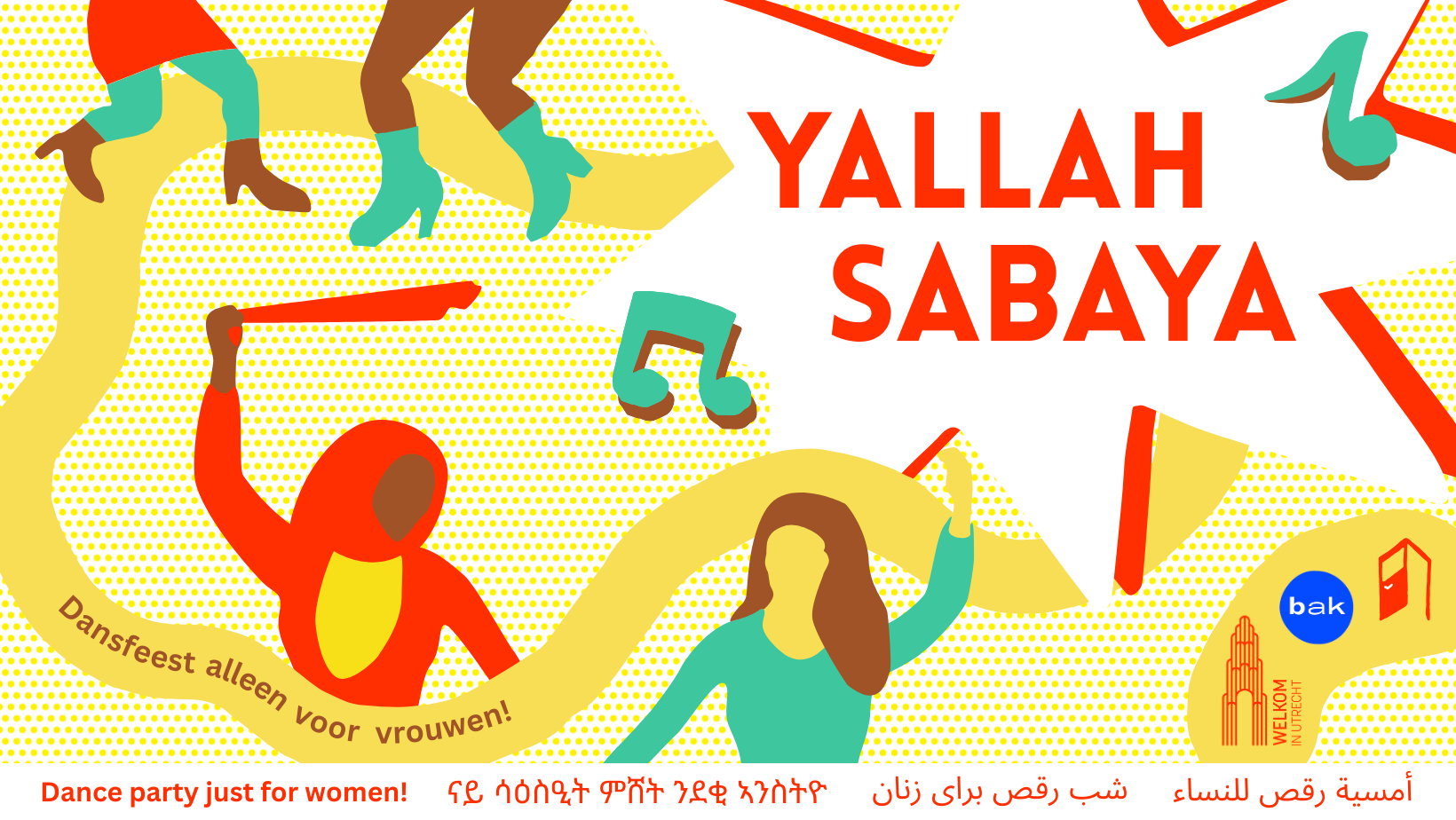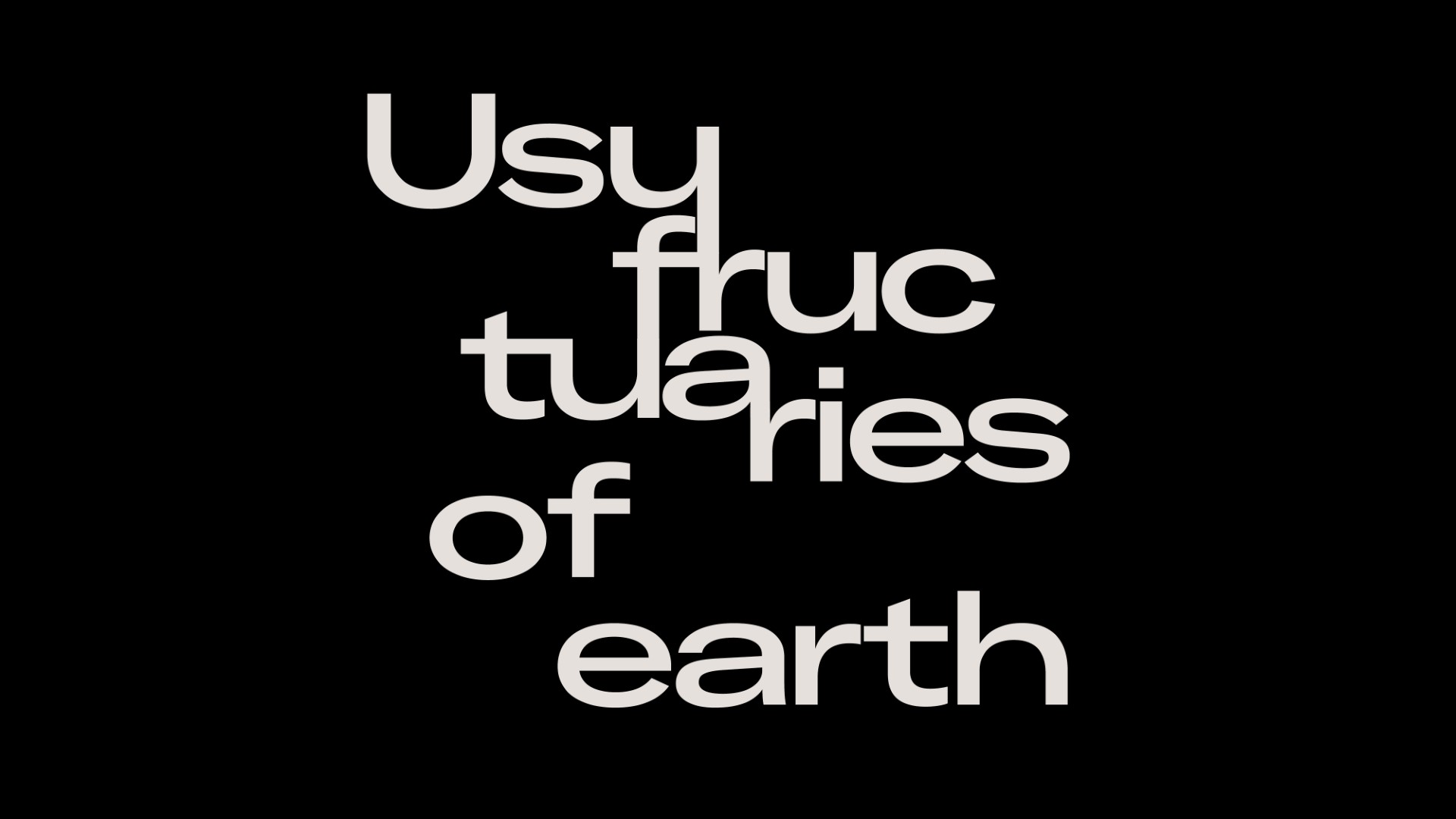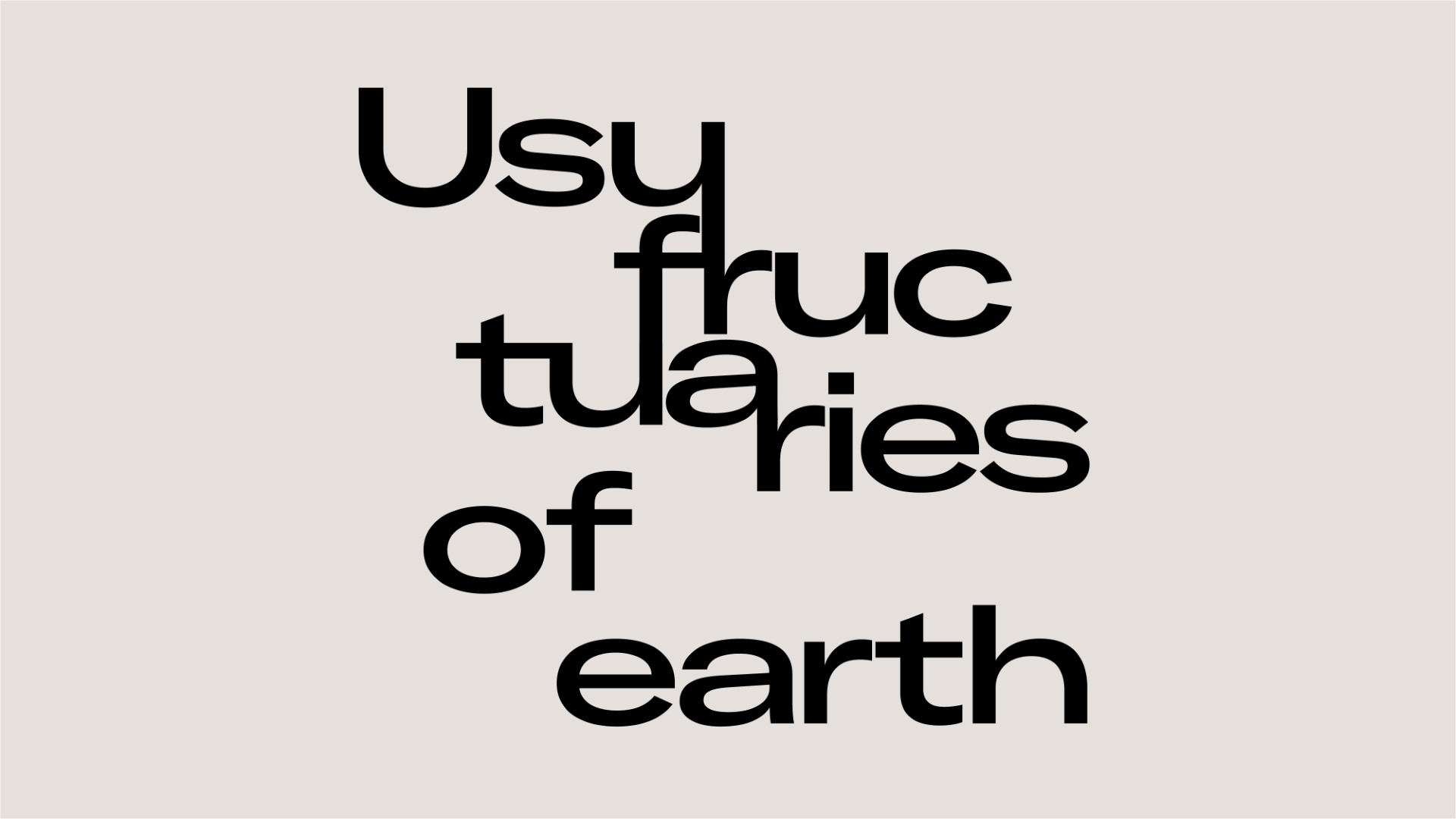Training IX: The Diego de la Vega Coffee Co-op Autumn School
Presentations and talks with images, casestudies of alternative art, community and economic models, and collective production and spinning into motion of plans and strategies
The ninth training as part of the Trainings for the Not-Yet is with Fran Ilich, and takes place from 16-20 October 2019 (Wednesday-Sunday).
This training is based on the Diego de la Vega Coffee Co-op, a cooperative (based in Mexico and New York City) where coffee and politics meet. The co-op, co-run by Ilich, offers organic, locally-sourced coffee from autonomous Zapatista farms in Mexican province of Chiapas to cities around the world. It also connects similar economic- and social-justice driven projects in a horizontal exchange network. The Diego de la Vega Coffee Co-op trades its coffee using alternative currencies, bartering, time deposits, or optional monetary donations, but the coffee is primarily an invitation to join a conversation about, and training in, experimental economies.
The latter is also the starting point of this training. Using Diego de la Vega Coffee Co-op and Spacebank (a virtual community investment bank, motto: “Don’t hate banks, become the banks!”) as case studies, the training includes a deep reading of their ever-evolving art-, community-, and economic model and their links to Zapatismo history and philosophy, as well as collective thinking through the pragmatics of alternative models for creation of collective wealth, units of value, financial flows, alternative contracts, five-year plans, and other very useful ways to fund and maintain social infrastructure.
When: 16–20 October 2019 (Wednesday–Sunday):
Daily 14–18 hrs, followed on weekdays by dinner from 18–19 hrs and preceded at the weekend by lunch from 13–14 hrs in the Basic Activist Kitchen.
On Thursday 17 October 2019, 19.30 hrs, the trainings culminate in a separate event open to the general public. This event is free to attend for training participants.
This training takes place parallel to the training Decommodifying Housing: How to Get There?.
Participation: This is a five-day training. It is possible to join on individual days, although attending the training in its entirety is encouraged.
Language: English
Tickets:
Individual days: €10 normal/€7.50 student discount
Combi ticket (five days): €40 normal/€30 student discount
Tickets include a daily meal at the Basic Activist Kitchen. Book your tickets via Eventbrite.
Free places: For each training, BAK provides a few free places for those who would otherwise not be able to attend. To apply, please send a short explanation (max. 120 words) to olga@bakonline.org, at least four days prior to the training. (First come, first serve).



